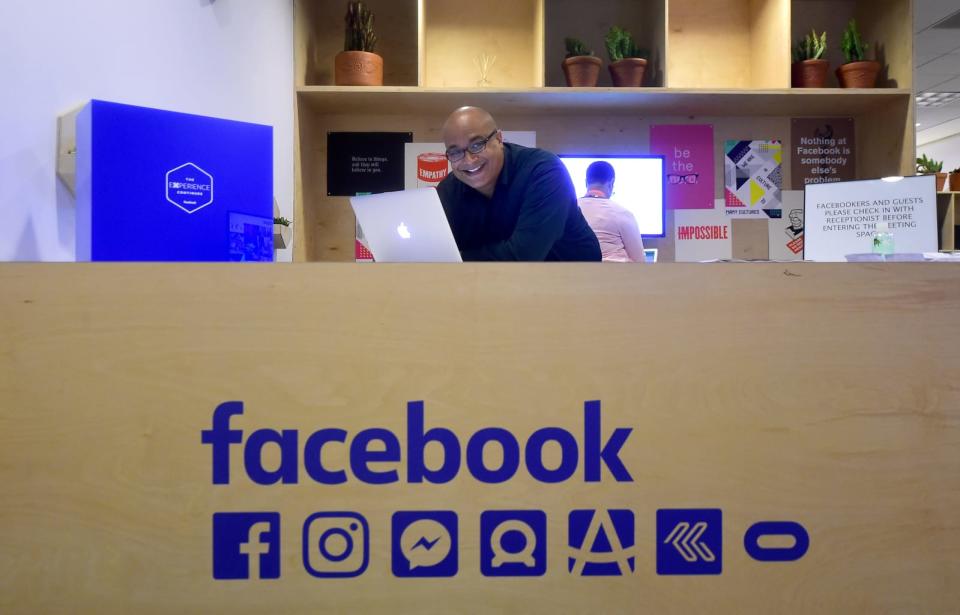How Facebook plans to colonize gaming
Chaos isn't stopping the company from talking up the potential of its platform.
Facebook is in the middle of a public relations nightmare, caused by reports that research firm Cambridge Analytica used its site to harvest data from 50 million user profiles. But, that's not stopping the company from talking up the potential of its platform, in this case as it pertains to gaming. As part of Facebook's GDC 2018 announcements, it revealed last week that any developer can now make Instant Games, thanks to new tools that let them create HTML5-based web titles for Messenger or the News Feed. Additionally, Facebook has made it easy for devs to build livestreaming features directly into their PC games, without any capture hardware or software required, in a clear attempt to challenge the likes of Twitch and Youtube.
These moves are only the latest examples of how Facebook sees gaming as one of its next Holy Grails, right there next to virtual reality and original content for Watch. Leo Olebe, global director of games partnerships at Facebook, said in an interview with Engadget that the company's strategy is to build experiences that benefit both users and developers, and to try to lure creators that want an audience -- no matter the scope of it. Facebook's efforts in the space, particularly as it looks to become a game-streaming platform of its own, come at a time when YouTube is clashing with video makers and Twitch is starting to pick up steam (with help from Drake).
One of Facebook's advantages, Olebe said, is that it has a platform with 800 million gamers, who play games on all kinds of devices, including mobile and PC. This is, naturally, a tempting figure to developers and the creators who may be looking for a home to livestream their gameplay. Especially since Facebook is reportedly willing to pay some of them more than YouTube does, "There's just a massive audience of people who want to engage in games," said Olebe. "And I think that those audiences tend to exist in a multitude of places. Nobody wins when people are constrained in terms of how they're engaging in gaming content. Whether it's playing games or watching games, or talking to people about games. So we're just trying to build the best products that we can."

Olebe added that Facebook has high hopes for in-stream rewards, as well, which gives viewers the ability to earn prizes for tuning into live videos. Olebe said this is just one of many ways in which it can help developers and creators grow their audiences, something that ultimately benefits everyone involved. "I think the biggest takeaway is we're always interested in working with more developers, and we're trying to help them be successful," he said. "We take the mantra 'feedback is a gift' very seriously. That's really where we're at."
As notable as these efforts and ideas are, though, Facebook's biggest challenge right now is to earn back people's trust. Not just consumers, but also developers who may not want to be associated with the company after the mess it finds itself in with Cambridge Analytica. From now on, users especially will start to wonder if all their private information is safe with Facebook. "What I can tell you is we take user data and privacy extraordinarily seriously," Olebe said, "and the developers we work with on the platform do as well."
Olebe said it is fundamental that developers who partner with Facebook, or use its tools, are always focused on protecting users' personal data. "From a games perspective, it's really important," he said. "Privacy, across the board, and Facebook is important."
Click here to catch up on the latest news from GDC 2018!




